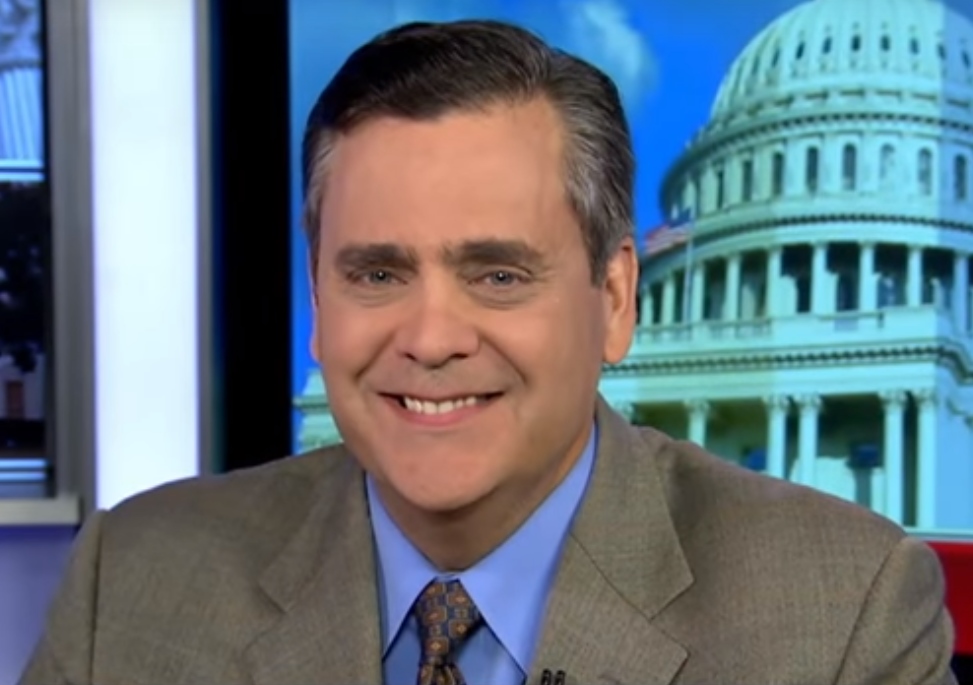Georgetown University Law professor Jonathan Turley stated on Thursday that the Trump administration has a strong legal basis for its recent U.S. Supreme Court case disputing birthright citizenship for the children of undocumented immigrants.
Oral arguments began with U.S. Solicitor General D. John Sauer asserting that the administration’s ability to implement its mass deportation program has been severely hindered by 40 nationwide injunctions—many issued by liberal district judges, whom he argued lack the authority to halt deportations beyond their respective jurisdictions.
Sauer expressed particular concern over the practice of “forum-shopping” by anti-deportation legal advocates, who seek nationwide injunctions by filing cases in jurisdictions with judges likely to be sympathetic to their cause. Justice Sonia Sotomayor opened the court’s questioning by pressing Sauer on why the Supreme Court should retain the authority to issue nationwide injunctions if that power were removed from district courts, arguing that such matters should only reach the high court if a lower court’s decision triggered a national and unprecedented legal conflict.
Turley spent the day observing questions from Justices Elena Kagan, Amy Coney Barrett, and Chief Justice John Roberts—whom he described as the “three to watch most closely” in anticipating the Court’s ruling. In a blog post, the George Washington University Law School professor praised the Trump administration’s strategic decision to focus its legal challenge on the constitutionality of nationwide injunctions rather than directly confronting the issue of birthright citizenship.
Oral arguments in the case concluded shortly after noon. Turley noted there was “far more heat than light” in the discussion, stating that predicting how the court will rule on this issue is challenging. He did, however, praise the Trump administration for making the argument more about the issuance of nationwide injunctions by lower federal courts than about the constitutionality of Trump’s executive order.
“…Justices Thomas, Alito, and Kavanaugh seemed strongly in favor of the Administration. Roberts also made repeated points that seemed to support some of the arguments of the Administration, though it was not clear how he would vote…” Turley wrote on X. “…On the left, Kagan repeatedly strived to distinguish this case from her earlier objections to universal injunctions under the Biden Administration. She seemed solidly with Sotomayor and Jackson…”
“…That leaves Gorsuch and Barrett. Gorsuch has previously expressed criticism of universal injunctions but asked probing questions on both sides. Barrett seemed more accommodating in seeking a way to uphold universal injunctions,” he added. “…In other words, this could be a nail-biter. I think that the Administration still has an advantage in curtailing universal injunctions. However, I did not come away with the sense of a lock with a majority, particularly given Barrett’s questions. I am also unsure how Roberts and Gorsuch will play out on the details. Fortunately, we will likely know within a couple of weeks.”



